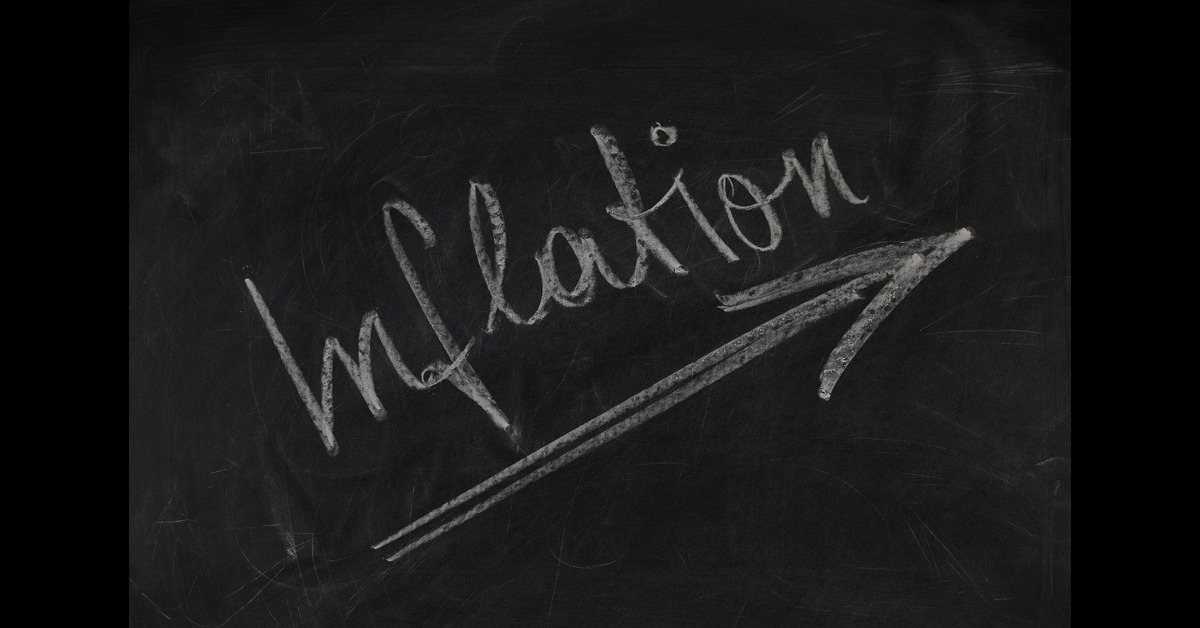How Inflation Impacts Your Money
We spend money every day—going to the market, buying goods, receiving services, saving or investing for the future. But have you ever noticed that you get less for the same amount of money today than you did before? Even if you spend wisely, your savings are not the same at the end of the month. The main reason behind this continuous decline in the power of money is inflation. It is like a silent thief that directly reduces your purchasing power.

Inflation is a condition in the economy where the overall price of goods and services increases over time, while the value of money decreases. Although it is invisible, its effects are very real. You may have bought something for $100 a year ago, but now it costs $110 or $120. This means you are losing money, even though you have done nothing wrong. Inflation is relevant to everyone—whether you are in America, Europe, or South Asia, its effects cannot be avoided.
It is important to understand how inflation occurs. It usually occurs for a few reasons. First, when the demand for goods increases but the supply does not increase, prices rise. This type of inflation is called demand-pull inflation. It is similar to a sudden increase in demand for a popular product, like a new model of mobile phone that everyone wants to buy, but is out of stock, causing the price to rise. Second, sometimes the costs of production increase, like the cost of raw materials, transportation costs, or workers’ wages. These additional costs are added to the price of the product and are passed on to the consumer. This is called cost-pull inflation.
Another important reason is that when the central bank releases excess money into the market, it increases demand, but if the production or supply of products does not increase at the same rate, the value of the currency falls. As a result, prices rise. This can create a dangerous situation if not controlled. Excessive inflation not only affects the market, but it can also lead to long-term economic uncertainty and social unrest.
The biggest and most direct effect of inflation is the reduction in the purchasing power of money. People cannot spend as much as they used to. It becomes difficult to manage the cost of living on the same salary. People from the middle and lower classes suffer the most because their income is usually fixed or limited. Similarly, those who rely on pensions or fixed income suffer a lot in their standard of living.
On the other hand, inflation also reduces the value of savings. You may have money in the bank, where you are earning 5% interest per year. But if the inflation rate at that time is 7%, then you are actually losing 2% every year. This is called a ‘negative real interest rate’. Although you are making a profit on paper, in reality, the value of your money is decreasing.
Borrowing money also becomes more expensive during times of inflation. This is because the central bank usually tries to control inflation by raising interest rates. This increases the installments of home loans, personal loans, or business loans. This increases the financial pressure on individuals and businesses and reduces spending, which in turn has a negative impact on the economy. If inflation is not controlled, it can eventually lead to economic stagnation and recession.
Awareness and planning are essential to prevent inflation. While it is not possible to stop it, you can protect yourself from its effects by following some effective strategies. The first and most important step is to focus on long-term investments. By investing in the stock market, mutual funds, real estate, or precious metals, you can put your savings in a place that offers higher returns than inflation.
Inflation-linked government bonds or inflation-indexed securities are now available in many countries. These are designed in such a way that your real return from them remains stable even when the inflation rate increases. This allows you to protect the real value of your capital. Also, make it a habit to review your monthly budget and expenses. You need to understand where your expenses are unnecessary or excessive and make cuts.
Your sources of income also need to be increased, keeping inflation in mind. If you are employed, negotiate salary increases or increments regularly. If you are an entrepreneur or freelancer, adjust the prices of your products or service charges with the inflation rate every year. This will create the foundation for your long-term financial comfort.
Another important aspect is debt management. Avoid taking on high-interest debt, especially short-term debt like credit cards or personal loans. If necessary, choose a fixed-rate loan to protect yourself from the impact of future interest rate changes.
Inflation is a reality, and it is the silent enemy of your financial security. But with proper knowledge, planning, and awareness, you can defeat this enemy. It is not just an economic term—it is directly related to your future. Those who are careful to have time do not face financial stress in the future. Now is the time to make the right decisions to protect the value of money. Be smart, be aware, and be prepared to deal with inflation.

